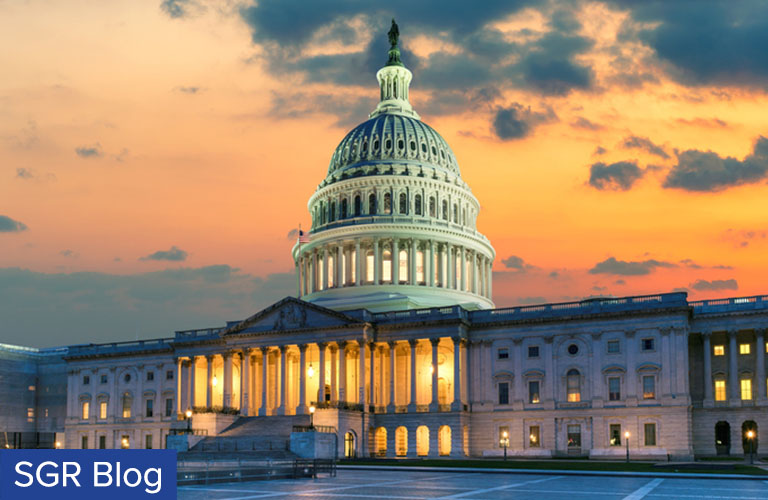
Authored By: Marcia M. Ernst
In Alston & Bird, LLP v. Hatcher Management Holdings, LLC, 862 S.E.2d 295 (Ga. 2021), the Georgia Supreme Court limited the apportionment of fault in tort cases. As reported in SGR’s Appellate Blog, the Court ruled that O.C.G.A. § 51-12-33(b) allowed the apportionment of fault among persons who are liable (parties and non-parties) only in a multi-defendant case. In other words, where a case is brought against only a single defendant, no fault can be apportioned to responsible non-parties and the defendant must pay 100 percent of the damages, less any percentage of fault attributed to the plaintiff.
In so holding, the Court construed the plain meaning of Georgia’s apportionment statute to conclude that O.C.G.A. § 51-12-33(b) does not apply to tort actions brought against a single defendant. The Court noted that if the General Assembly intended subsection (b) to apply to cases brought against a single defendant it could have and should have said so, especially when it specified that subsection (a) applied to single-defendant cases. The Court said that statutes have words, and words have meanings, and we must presume that the General Assembly meant what it said and said what it meant. Given the roadmap that the Court provided the state legislature, SGR’s Appellate Blog concluded by stating that this issue may be one the General Assembly will address in its next session.
The 2022 Legislative Session of the Georgia General Assembly was gaveled in on January 10, 2022. The very same day, Senate Bill 329 was dropped to amend the Georgia apportionment statute and was promptly assigned to the Senate Judiciary Committee. SB 329 seeks to amend O.C.G.A. § 51-12-33(b), relating to joint tort-feasors, so as to provide for the apportionment of awards of damages among “one or more persons” (instead of “more than one person” as the statute currently reads) in certain tort actions. On January 24, 2022, House Bill 961 was dropped in the hopper to similarly amend O.C.G.A. § 51-12-33(b). HB 961 was assigned to the House Judiciary Committee, which favorably reported it on January 26, 2022. SB 329 and HB 961 will both go through the legislative process and whichever bill survives that process and is passed by the General Assembly will become effective upon its approval by the Governor or upon its becoming law without such approval, and it would apply to all causes of action accruing on or after such effective date.

